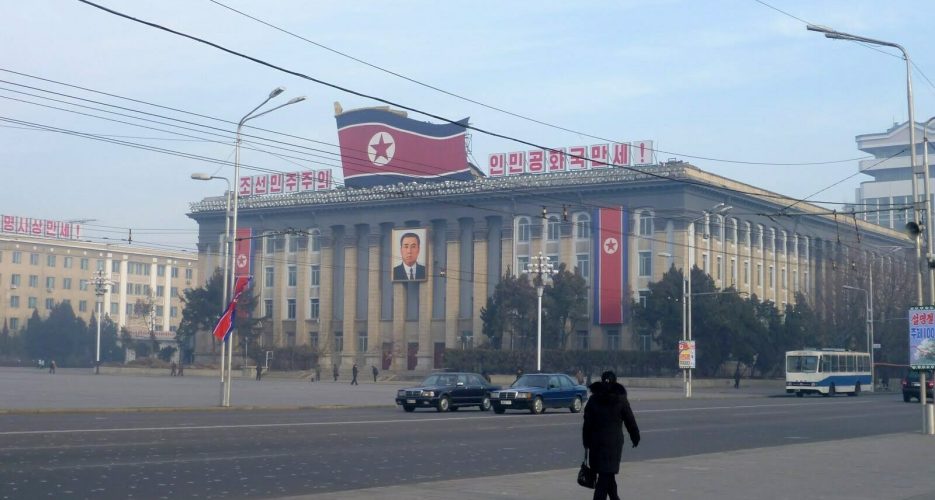Last week the Council on Foreign Relations released a Task Force report suggesting that the current U.S policy of ‘strategic patience’ offers a ‘time time frame for achieving denuclearization…so vague that there is a significant risk that [it] will result in acquiescence to North Korea’s nuclear status as a fait accompli.’ Echoing a frustration shared by many Korea watchers, the report describes the current administration’s efforts toward the objective of denuclearization in North Korea as ‘halfhearted’. It warns that Washington must up its game and deal with the policy challenges presented by North Korea, ranked according to their fundamental importance: 1) preventing DPRK nuclear proliferation to others; 2) rolling back the nuclear program; and 3) integrating the isolated nation into the international community.
In order to deal with these issues the Task Force first identifies and reviews four policy options for the current administration: (1) explicitly recognizing and acquiescing to a nuclear North Korea; (2) containing and managing the problem; (3) attempting to roll back the program and; (4) pursuing regime change. The report suggests that while the current policy of ‘strategic patience’ is most similar to option 2, it is now time to pursue this in combination with option 3, including ‘a stepped-up combination of sanctions and incentives designed to make North Korea abandon its nuclear programs’.
Last week the Council on Foreign Relations released a Task Force report suggesting that the current U.S policy of ‘strategic patience’ offers a ‘time time frame for achieving denuclearization…so vague that there is a significant risk that [it] will result in acquiescence to North Korea’s nuclear status as a fait accompli.’ Echoing a frustration shared by many Korea watchers, the report describes the current administration’s efforts toward the objective of denuclearization in North Korea as ‘halfhearted’. It warns that Washington must up its game and deal with the policy challenges presented by North Korea, ranked according to their fundamental importance: 1) preventing DPRK nuclear proliferation to others; 2) rolling back the nuclear program; and 3) integrating the isolated nation into the international community.
In order to deal with these issues the Task Force first identifies and reviews four policy options for the current administration: (1) explicitly recognizing and acquiescing to a nuclear North Korea; (2) containing and managing the problem; (3) attempting to roll back the program and; (4) pursuing regime change. The report suggests that while the current policy of ‘strategic patience’ is most similar to option 2, it is now time to pursue this in combination with option 3, including ‘a stepped-up combination of sanctions and incentives designed to make North Korea abandon its nuclear programs’.
Become a member for less
than $5.75 per week.
Unlimited access to all of NK News: reporting, investigations, analysis
The NK News Daily Update, an email newsletter to keep you in the loop
Searchable archive of all content, photo galleries, special columns
Contact NK News reporters with tips or requests for reporting
Get unlimited access to all NK News content, including original reporting, investigations, and analyses by our team of DPRK experts.
Subscribe now
All major cards accepted. No commitments – you can cancel any time.












